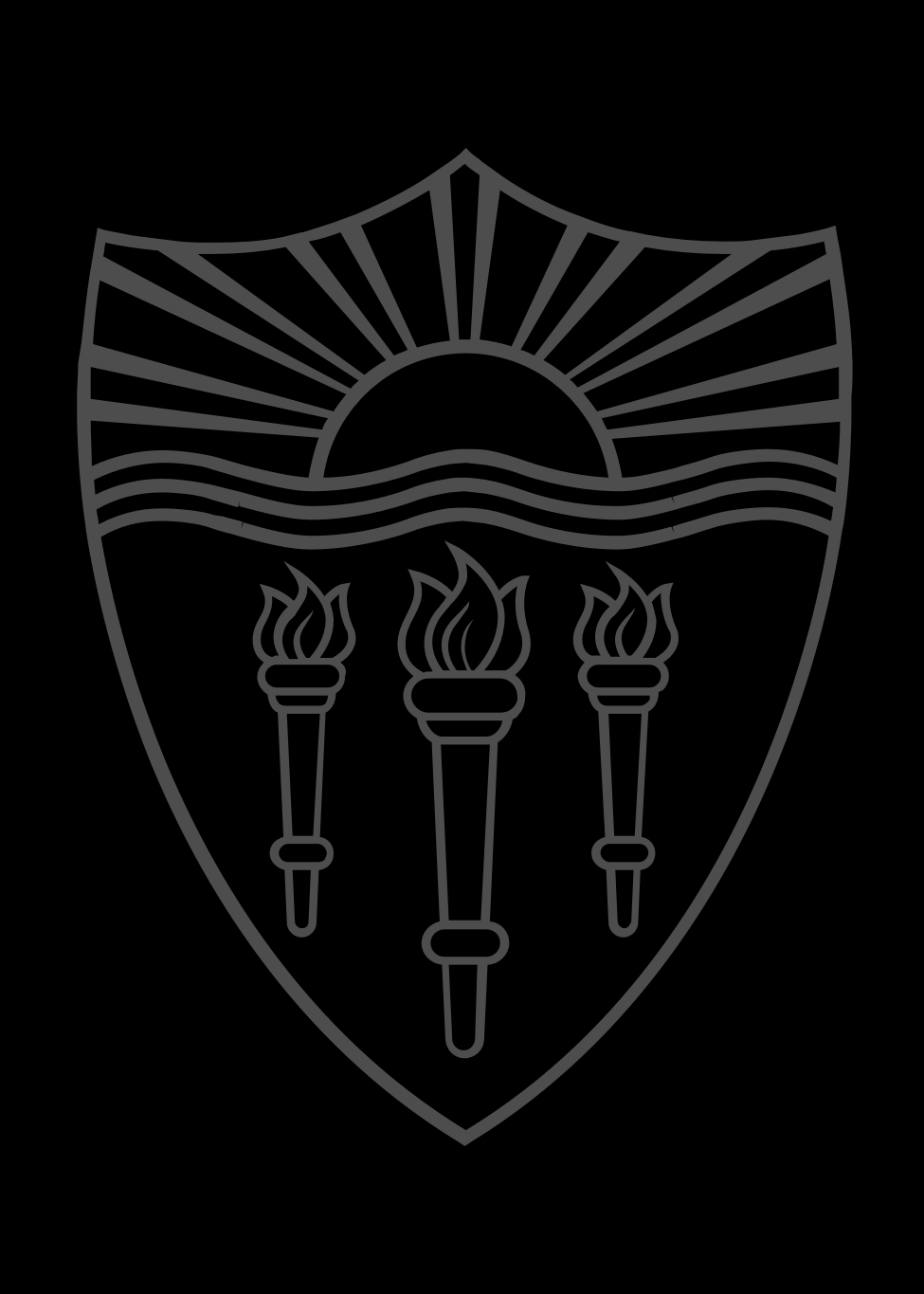Ronald Mendoza-De Jesus

Biography
Ronald Mendoza-de Jesús is currently an Assistant Professor in the Department of Spanish and Portuguese at the University of Southern California. Before accepting this position, he was a postdoctoral fellow in the Sociefy of Fellows in the Humanities at University of Southern California. He is currently working on a book project, Reading Danger: Literary History After Historicism. As the title suggests, Reading Danger sets out to reimagine literary history “after” historicism. What if, rather than approaching literary texts as reflecting the past “as it actually happened,” we expanded the historical dimension of literature beyond its capacity to illustrate an epoch? This book takes up this challenge in three different ways: 1. By theorizing literary history anew as a dangerous way of engaging with the literary archive. 2. By proposing a deconstructive genealogy of historicism, tracing its roots back to Aristotelian philosophy and diagnosing its recent reemergence in the work of theorists such as Frank Ankersmit and Hayden White. 3. By engaging with the literary modernism of Latin American authors Jorge Luis Borges and Julia de Burgos, whose poetry calls into question historicism’s understanding of time and history.
After finishing this manuscript, Ronald plans to work on the second book project, provisionally titled Unworldly Islands: Dispossession and Caribbean Modernism. Contesting the recent trend towards a “cosmopolitan” politics of “worlding” within minoritarian literary studies, this book project will examine the modernist strategies of Caribbean authors such as Suzanne Césaire, Édouard Glissant, Rosario Ferré, Jamaica Kincaid, Giannina Braschi, and Mara Negrón. Rather than providing narratives that suture the wounds that haunt the region’s history by providing answers to the historical questions that motivate their texts, these authors trouble any easy historical narration of Caribbean modern history by writing “unworldy” histories, marked by abjection and uncertainty. They ask us to contend with the persistence of incoherence and unknowability as inextricable aspects of the history of modernity.
Ronald’s essays have appeared in several edited volumes published internationally and in peer-reviewed journals such as Mosaic, Oxford Literary Review, CENTRO Journal, Revista Iberoamericana, New Centennial Review, Política Común, Revista Pléyade, and Transmodernity.